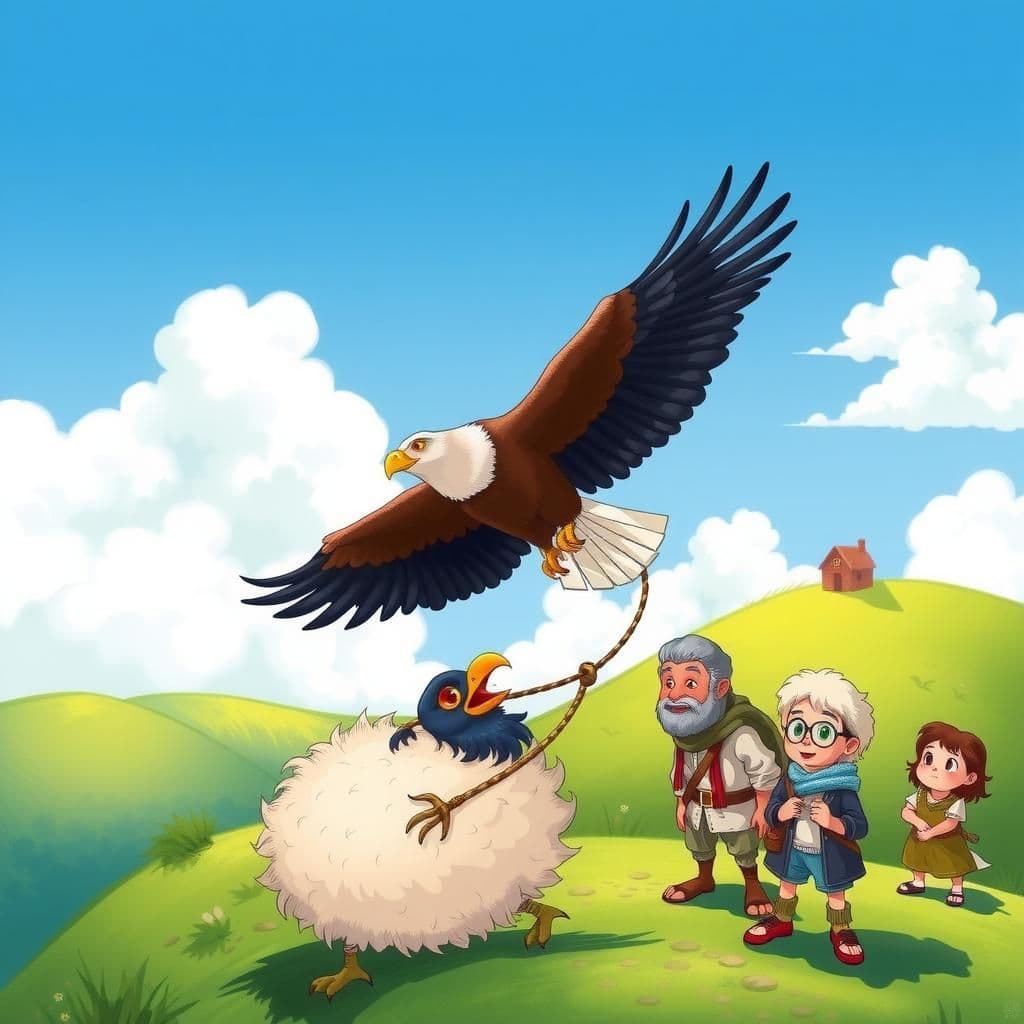The Pavior

Story Summary
In "The Pavior," a thought-provoking moral story, an Author attempts to inspire a weary Labourer hammering stones into a street pavement with lofty ideas of ambition and fame. However, the Labourer values his honest work and simple living over grand aspirations, highlighting the contrasting perspectives on ambition and the dignity of labor. This unique moral story serves as a reminder that fulfillment can be found in humility and hard work, making it an engaging read for young readers seeking short and sweet moral tales.
Click to reveal the moral of the story
The story conveys that fulfillment and dignity can be found in honest, diligent work, regardless of societal notions of ambition and fame.
Historical Context
This story reflects themes of class struggle and the nature of ambition, echoing elements found in 19th-century literature that often highlights the lives of working-class individuals in industrialized society. It resonates with the works of authors like Charles Dickens, who frequently portrayed the harsh realities of laborers, juxtaposing their mundane existence with the lofty aspirations often romanticized by the middle and upper classes. The exchange between the Author and the Labourer serves as a critique of the disconnect between artistic ambition and the daily grind of manual labor, a motif explored in various retellings and adaptations throughout literary history.
Our Editors Opinion
This story highlights the tension between societal expectations of ambition and the value of finding satisfaction in one's work, a theme that resonates in modern life where the pressure to achieve success can overshadow the fulfillment found in everyday tasks. For example, a teacher may feel overlooked in favor of more glamorous professions, yet their dedication to shaping young minds can leave a lasting impact that may not garner immediate recognition but is profoundly meaningful nonetheless.
You May Also Like

The Labourer and the Nightingale
In the fable "The Labourer and the Nightingale," a Labourer captures a Nightingale to enjoy its beautiful song, only to find that the bird refuses to sing in captivity. After releasing the Nightingale, it imparts three valuable lessons: never trust a captive's promise, appreciate what you have, and do not grieve over what is lost forever. This well-known moral story emphasizes the importance of freedom and gratitude, making it a fitting tale for moral stories for class 7.

An Inflated Ambition
In "An Inflated Ambition," a corporate president enters a dry-goods shop and encounters a placard urging customers to ask for what they desire. Just as he is about to express his wishes, the shopkeeper directs a salesman to "show this gentleman the world," illustrating the irony of ambition and the moral that true fulfillment often lies beyond material wants. This easy small story with moral lessons serves as a thought-provoking tale for young readers, emphasizing the importance of understanding one’s true desires.

The Eagle and the Jackdaw
In "The Eagle and the Jackdaw," a Jackdaw, envious of the Eagle's strength, attempts to capture a ram to prove his prowess, only to become ensnared in the fleece. Captured by a shepherd, the Jackdaw learns a valuable lesson: pretending to be something one is not can lead to humiliation. This easy small story imparts a quick moral about the importance of accepting one's true nature rather than envying others.
Other names for this story
Paving Dreams, The Honest Labourer, Ambition's Cost, Stones of Fate, Echoes of Labour, The Weary Pavior, A Pavior's Resolve, Unexpected Fame
Did You Know?
This story highlights the contrast between the dreams of ambition and the value of honest, hard work, suggesting that fulfillment can be found in simplicity rather than the pursuit of fame. The exchange between the Author and the Labourer underscores how different individuals find meaning in their respective crafts, challenging the notion that success is defined solely by recognition.
Subscribe to Daily Stories
Get a new moral story in your inbox every day.